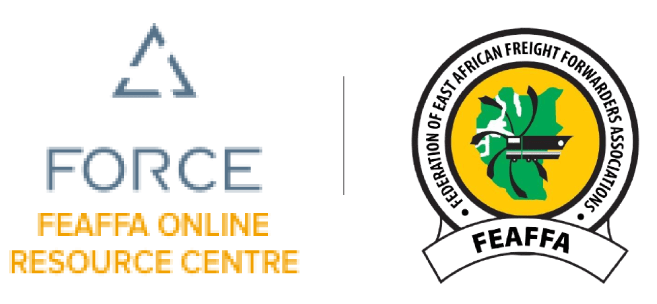Tariff Dispute Settlement Process
- There are basically two procedures for settling classification disputes: Informal (consultation); and Formal procedures.
- In Informal dispute settlement procedure, customs officers and importers do communicate each other clarify issues in conflict aiming to resolve issues. Final decisions by Customs is made after traders have been given a chance to explain (either orally or in writing and in a reasonable timeframe) their point of view.
- In formal dispute settlement procedure, importer or exporter aggrieved by Customs opts to refer the matters to courts of law for fair treatment and the Customs administration is obliged to clearly outline all legal requirements and procedures to the business community on how to file their appeals.
EAC Settlement of Classification Disputes
- Any dispute between Contracting Parties concerning the interpretation or application of this EAC-Protocol shall, so far as possible, be settled by negotiation between them.
- Each Partner State affirms her adherence to the principles for the administration and management of disputes and shall in particular:
- accord due consideration to the other Partner States’ presentation or complaints;
- accord adequate opportunity for consultation on representations made by other Partner States; and
- implement in good faith any decisions made pursuant to the Community’s dispute settlement mechanisms.
- Any dispute which is not so settled shall be referred by the Parties to the dispute to the Harmonized System Committee which shall thereupon consider the dispute and make recommendations for its settlement.
WCO Recommendation on Settlement of Classification Disputes
- The WCO recommends as below in terms of settlement of classifications disputes:
- “Where a dispute arises between two or more contracting parties regarding the interpretation or application of the HS, the parties concerned should, in the first instance, endeavour to reach agreement among themselves. However, classification disputes that cannot be settled by direct negotiation are referred through the WCO Secretariat to the Harmonized System Committee (HSC) which, after examination, makes appropriate recommendations for their solution. If the Committee is unable to settle a dispute, it refers the issue to the WCO Council for a recommendation on the question. In either event, the parties to a dispute may agree in advance to accept the recommendation of the Committee or the Council as binding”.
Student Learning Activities
- The goods were imported by an East African Community (EAC) based company from China. The imported goods were declared to one of the EAC Customs office in the partner States as Oil or petrol-filters for internal combustion of motor vehicles engines and classified under HS code 8708.99.00 – Other, with rate of duty 0%. The customs officer rejected the declaration with the reason of misclassification and asked the importer to amend his declaration and pay the duty payable with penalties. The importer disputed the customs decisions and sought an advice on how to settle this matter.
- Required:
- a) Explain the procedure for dispute settlement
- b) Determine the correct HS Code for the consignment
- c) what is the economic consequences on this misclassification.
Assignment
- Define what a tariff miscalculation is and the impacts to both the clearing and forwarding firm and Customs Authorities
- Discuss the common areas of tariff misclassification
- Discuss how you would handle and settle a dispute on tariff miscalculation.
